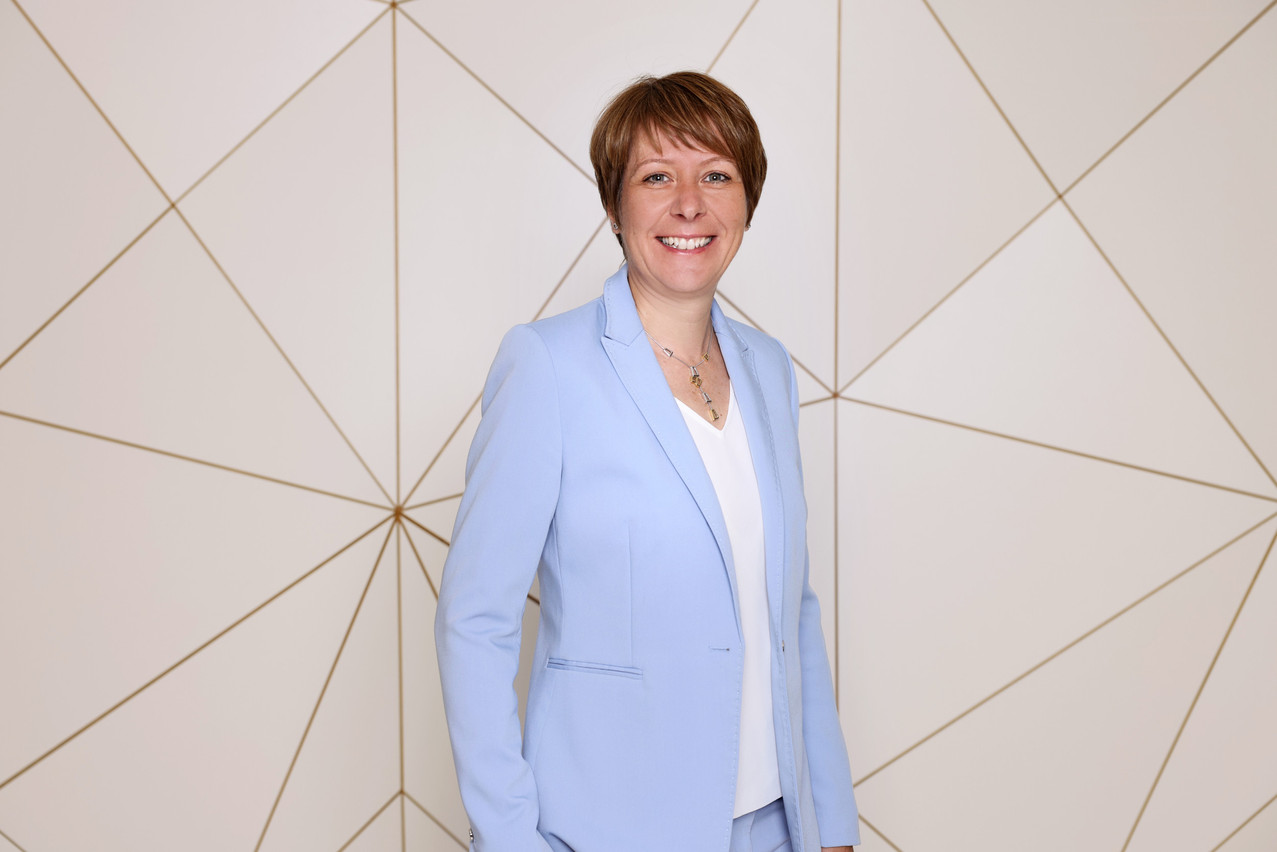“The legal pension here in Luxembourg is very high,” Halmes-Coumont began. The country’s retirement system is financed by the active working population, and one would need to have a big increase of the active working population in order to continue financing the increasing number of future pensioneers.
“But with today’s crisis, it will not be possible to continue in this manner.” The system is not sustainable in the long term and reserves in the state pension fund will soon start to decline. In fact, according to projections from the Luxembourg ministry of social security, the reserves will reach zero in 2047. Everything will have been distributed by that date.
For the moment, we live at the expense of our children.
This first pillar of the retirement system must therefore be reformed, the Lalux director insisted. There are two possibilities: either to increase the premiums that are paid into the system, or to diminish the amount of the pension that each retired person receives. A mix of these two solutions will probably be applied in the future, she stated.
Crucial to raise awareness
Halmes-Coumont highlighted the importance of making people aware of this issue, as they will have to build up their own savings so as to prevent a big loss in their state pensions. The first thing to be done is to acknowledge that there is a problem, to make sure people are aware of the problem and to talk about it.
“We have to raise awareness, but politicians don’t want to speak about it,” she added. “It’s negative, and people don’t want to hear about problems. But I think we have to talk about problems too.” Only then can an informed, factual and constructive debate take place.
“For the moment, we live at the expense of our children,” Halmes-Coumont pointed out. Once people become aware of the issue, then there’s an opportunity for change and solutions can be discussed.
Different priorities
People tend to become more interested in the amounts of their pension as they approach retirement, starting from age 50 and on, noted Halmes-Coumont. Young people are less interested, but which investment funds they can invest in is important. “I think that ESG topics will become more and more important in the future,” she said.
Read also
Where people are in their lives makes a difference as well--people who are starting their professional career may focus first on their job, for example, and there is increased interest in having a work-life balance. The philosophy has changed, she added. It’s not better or worse, it’s just different.
Other tools to prepare for retirement
There are other ways that people can prepare for retirement, Halmes-Coumont mentioned. A good tool is the second pillar, where the employer finances a complementary pension scheme for its employees.
Then you have a third pillar: each individual can make a contribution to insurance products, which is deductible as a special expense. This is the Article 111bis contract--premiums paid into a pension contract are deductible up to €3,200 per year.
When asked about how she is personally preparing for retirement, Halmes-Coumont responded, “I use all three pillars!”
Key things to consider when planning for retirement
Keep in mind the gap between the salary you receive while are working and the pension you will receive once you’ve retired, Halmes-Coumont said. People with higher salaries will see a greater loss in their revenues once they retire. In order to maintain the same standard of living, people may need to accumulate additional savings during their professional life.
The Lalux director added one final recommendation: save for a rainy day. When times are good, make sure to put away a little extra.
Read all the instalments of our .

